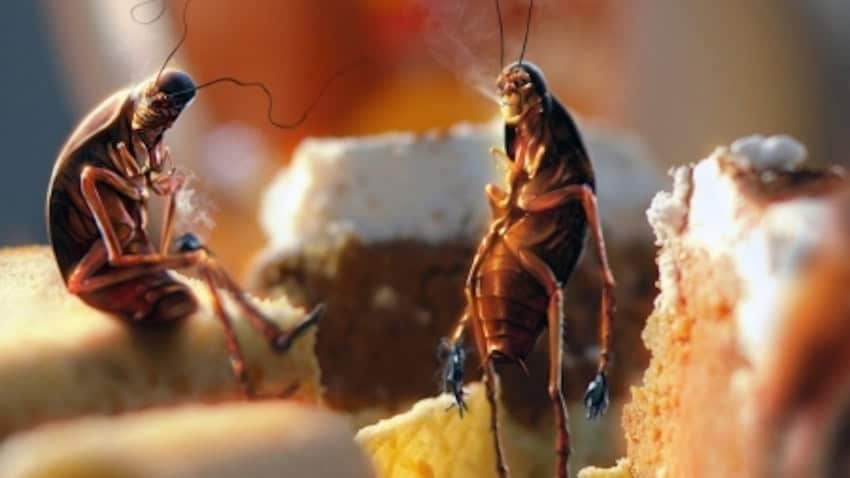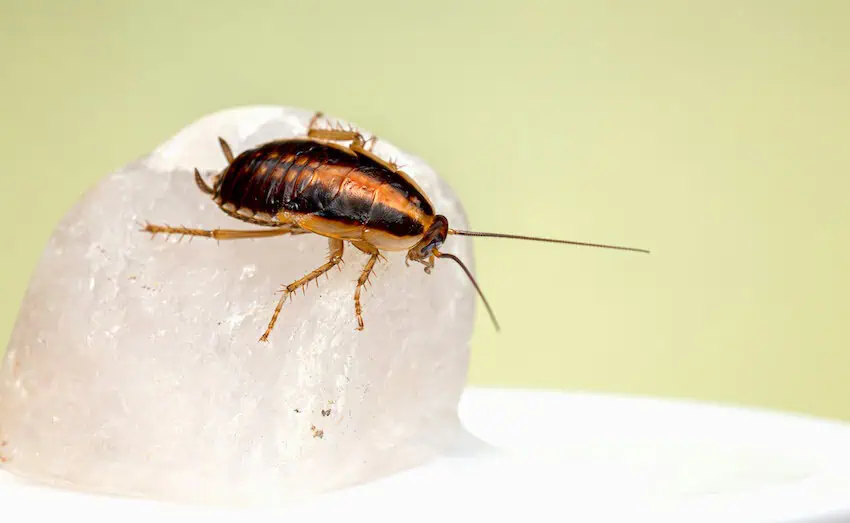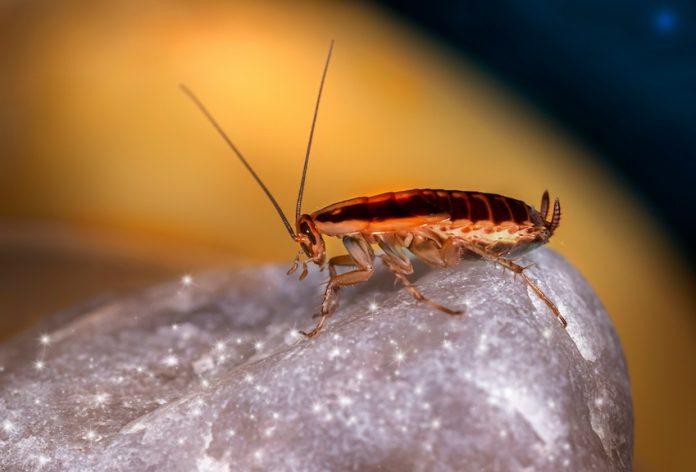We all know the lyrics to Mexico’s (probably) most famous song — the one about the little cockroach or, as it’s known in Spanish, “la cucaracha”:
La cucaracha, la cucaracha
Ya no puede caminar
Porque no tiene
Porque le falta
Marijuana pa’ fumar
In English “The cockroach, the cockroach / Can’t walk anymore / Because it doesn’t have / Because it’s missing / Marijuana to smoke.”

The song is only five or six centuries old — the above lyrics were popularized by the Mexican Revolution and are about a century old. We’re not even 100% sure where it came from, except that it’s always been sung in Spanish! But the poorly-understood cockroach has been around since the time of the dinosaurs. What’s weird is that there aren’t more songs written about it!
Unfortunately for these critters, the song — often sung as political satire, the lyrics adapted according to the current circumstance — has always been more popular than cockroaches themselves.
A few weeks ago, I went to a language exchange meeting in my city. My Spanish is pretty close to perfect, but I’m an extrovert and wanted to talk to some people I didn’t already know and hear their stories.
One guy I met, a güero from Mexico City that I’d have sworn was my own paisano if I hadn’t later heard him speak, had a lot of tattoos, which included a handful of cockroaches crawling up his arm. Obviously, I had to ask.
He turned out to be a veterinarian with quite a lot of appreciation and respect for this lowly creature: “Cockroaches are incredible. And they’re fantastic mothers, too.”
Well! Who knew? This guy did, apparently.
The same cannot be said for most people in Mexico, which is understandable. Cockroaches look gross like slimy specks of dirt, only bigger and scarier. They eat the stuff we want to eat and the stuff we’ve deemed way too gross to eat and hang out in gross places, peeking out from around corners in the creepiest ways. They move faster than they should be able to. They fly.
If there’s one thing Mexicans pride themselves on regarding their homes, it’s that they’re clean. Not merely dusted or organized, but majorly sprayed, mopped and scrubbed with Fabuloso and especially bleach: nothing’s clean if it hasn’t been bathed in bleach. The kitchen is wiped down daily, and bathrooms tend to get a deep-cleaning at least twice a week.

So what are cockroaches even finding in our perfectly sterilized homes?
The very few species that humans actually come into contact with have mostly come in to cool off when it’s super hot outside. And who can blame them? Who among us hasn’t popped into a Starbucks during these relentless heat waves for a bit of a break?
But let’s assume that my vet friend knows what he’s talking about and dig a bit deeper — get it? — into cockroach appreciation: they’re good pollinators, and are an important part of the food chain for animals we do like, like birds and bats. We like bats, right?
They’re actually quite clean themselves, constantly grooming: think about a cat, and multiply that by about 10. If they’re causing allergies for you, it’s because they’ve inadvertently stepped in an allergen in your home already and accidentally dragged it out the few feet they’re able to.
They have feelings and individual personalities, and they’re smarter than we give them credit for. And here’s what my new friend was talking about: the mothers often raise their young all together, like a little roach commune or preschool. They’re social animals, preferring to eat with others even if it means eating less themselves. Take that, capitalism! The roaches are onto you.
Certain species mate for life, chewing off each others’ wings in a kind of gruesome display of wedding bands. “Sorry ladies, I’m taken.”
I won’t scowl at anyone working feverishly to get rid of them. I myself am merciless with the ants that appear in my home in the hot weather, wiping them out daily like an angry and tireless god. But at the very least, let’s not be so arrogant as to believe that we’re the only animals around here that matter in the grand scheme of things.
I asked my new friend what he would do in the event of an infestation. “Oh, my cats take care of them.”
Sarah DeVries is a writer and translator based in Xalapa, Veracruz. She can be reached through her website, sarahedevries.substack.com.
